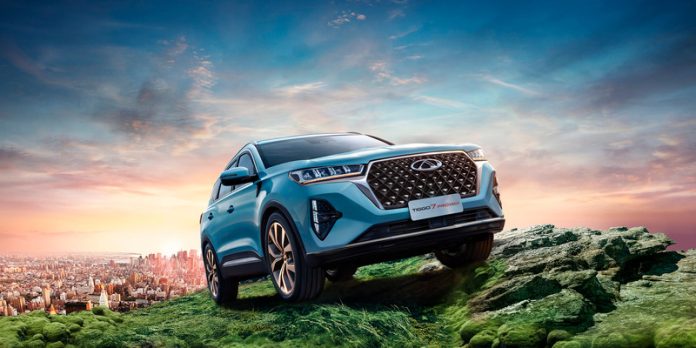Many Chinese automakers allow the use of AI-92 gasoline in their turbocharged crossovers, although AI-95 is recommended. Alexey Balashov, who holds the position of service director at Avilon Mercedes-Benz, warns Russian car owners about the potential risks of such savings, Rossiyskaya Gazeta reports.
The expert notes that the main risk is detonation and increased load on the engine. Turbocharged engines, especially those with a high compression ratio (9-11) and significant power (up to 190 hp per 1.5 liters), are extremely sensitive to fuel quality. Using gasoline with a lower octane number increases the likelihood of detonation, which causes shock loads on the pistons and cylinders, significantly reducing the engine life.
Modern engine management systems equipped with octane correctors can adapt to AI-92, but this occurs at the expense of reducing the ignition timing, artificially reducing power and increasing fuel consumption. As a result, the parameters of the car declared by the manufacturer are not achieved, and the benefit of cheaper fuel is offset by its increased consumption.
In addition, overheating and premature wear of the turbine is possible. Compensating for detonation by enriching the fuel mixture leads to an increase in the temperature of the exhaust gases, which has a negative effect on the turbocharger and catalytic converter. To maintain the engine’s performance and preserve its characteristics, it is recommended to use gasoline with an octane rating of at least AI-95, especially during intensive use or under increased loads, such as when driving in the mountains or towing. The difference in fuel cost is offset by an increased service life of components and stable engine operation.
Permission to use AI-92 is most likely a marketing ploy aimed at attracting buyers in the budget segment. However, as practice shows, real savings are achieved only with strict adherence to fuel quality requirements, the expert concluded.









